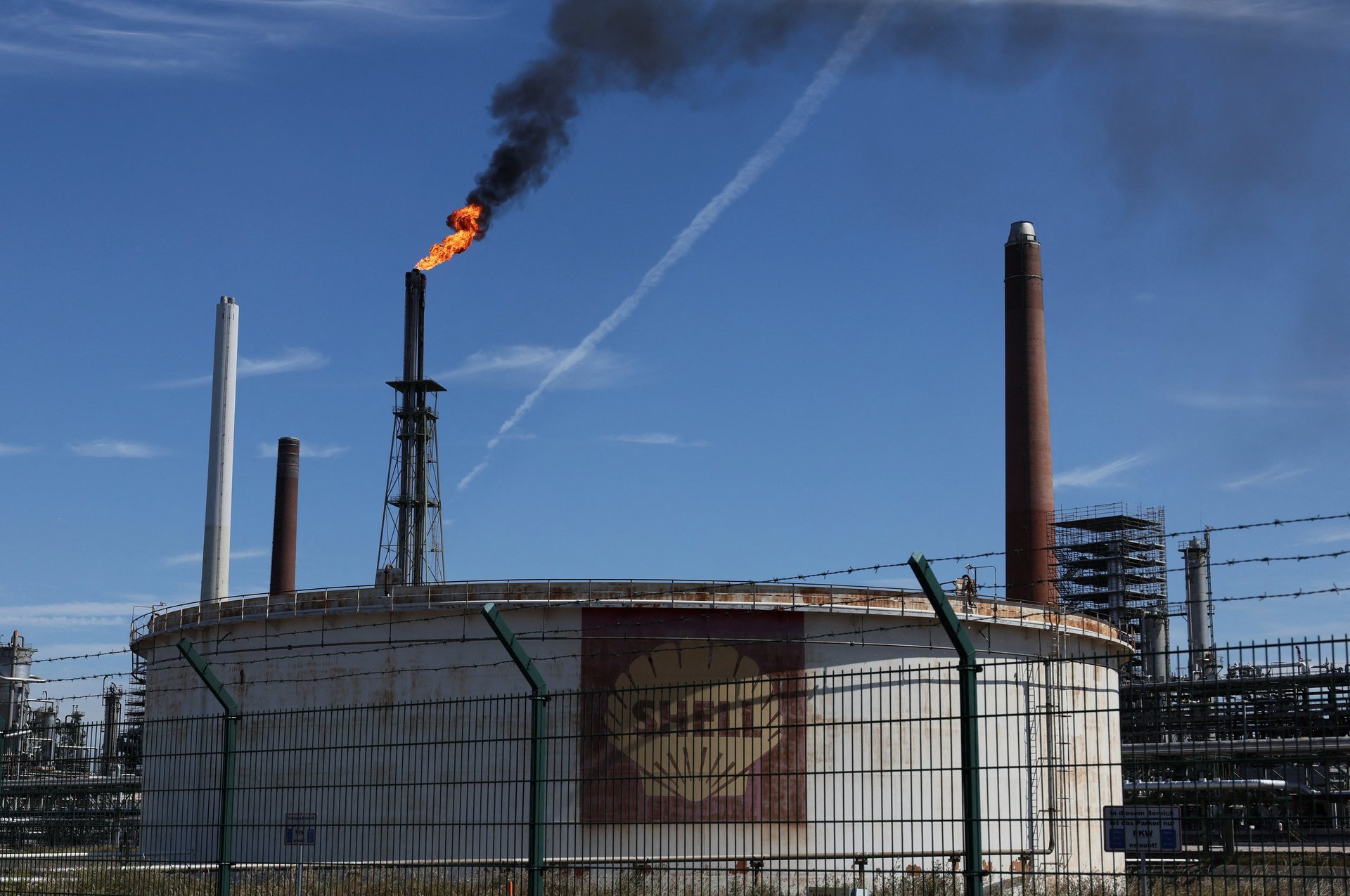New documents show Big Oil knows its climate plans are bogus
No amount of marketing can make up for spending billions on drilling.

In November 2020, the Twitter account of the oil and gas giant Shell asked its followers: “What are you willing to change to help reduce emissions?”
The question was a bit rich, given Shell’s own role as a leading emitter, and the tweet was widely panned by climate activists. Shell’s own staff agreed. In an email thread of Shell lobbyists, one said that to call the tweet “gaslighting” is “a criticism not totally without merit in this case.” Another admitted it was “pretty tone-deaf.”
That exchange was one of dozens drawn from the internal documents of major oil and gas companies (pdf) and released Sept. 15 by investigators from the US House of Representatives. In the documents, which include emails and internal presentations stretching back over several years, staff at BP, Exxon, Shell, and Chevron split hairs between their public statements on climate change and actual business plans, back away from explicitly supporting the Paris Agreement, debate how to promote climate-friendly technologies despite knowing they’re far from ready to deploy at scale, and disparage prominent climate activists and environmental groups.
Shell staff said reaching net zero emissions “has nothing to do with our business plans.”
Shell’s core objective to “be the world’s most valuable energy company” requires a “strong societal license to operate,” a company lobbyist wrote in a 2020 internal presentation. That will “require a careful and continuous balancing act, that conveys credible optimism while setting realistic expectations of how fast both Shell and the energy system can change,” including “the long term need for oil and gas investments.”
In another exchange from October 2020, two communications officers for the oil and gas giant Shell traded emails to plan a LinkedIn post from the account of Gretchen Watkins, the company’s US president. The post was meant to describe the company’s newly released scenario by which it could reach net zero greenhouse gas emissions by 2050. The problem, one of the officers explained, was that the net zero scenario was just that: “a scenario, and so nothing to do with our business plans, but if we’re not careful we could easily confuse external stakeholders.”
It’s no secret that these companies’ plans are out of step with what energy economists believe is needed to meet the goals of the Paris Agreement. None of the biggest oil and gas companies have committed to ending all exploration for new drilling sites, which the International Energy Agency sets as the crucial standard for credible climate action.
But the documents, said Carolyn Maloney, a Democratic representative from New York and chair of the House oversight committee, “leave no doubt that, in the words of one company official, Big Oil is ‘gaslighting’ the public.”
Ultimately, the most meaningful test of these companies’ climate commitments will come from their earnings reports, not their marketing materials. Capital spending on low-carbon technologies remains a small fraction of what they spend on drilling. Until that changes, these companies are clearly more a part of the problem than of the solution.